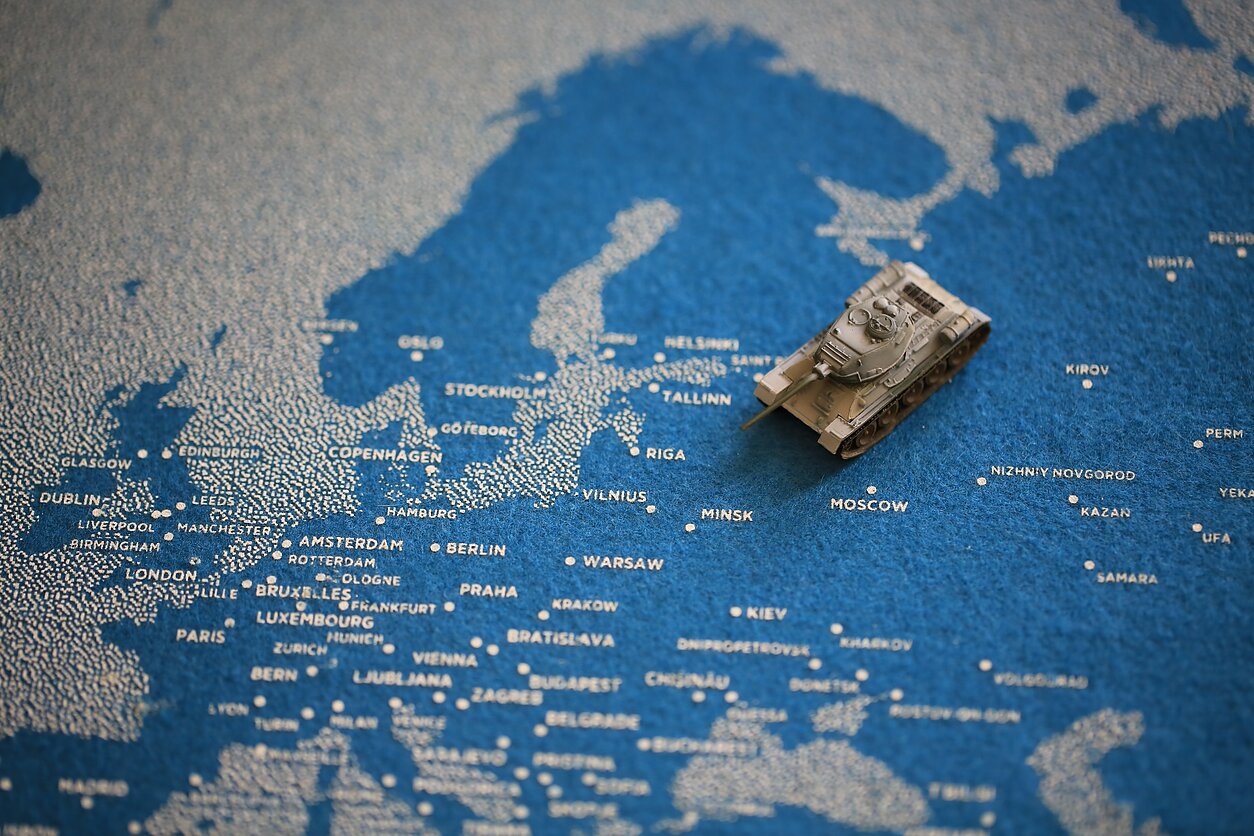Russian arms exports in 2024 have decreased by 92% compared to 2021. The reasons include the redirection of Russia's resources to its war against Ukraine, international sanctions, inflation, corruption, and funding problems. These conclusions were made by Dr. John C.K. Daly in his research for The Jamestown Foundation.
The researcher emphasizes that the economic losses suffered by Russia have significantly impacted its arms exports, which are traditionally the second-largest sector after energy resources. By the end of 2024, Russia's arms exports had shrunk by fourteen times to less than one billion US dollars. In 2021, before the full-scale invasion, Russian arms exports were valued at 14.6 billion dollars; in 2022, 8 billion dollars; and in 2023, 3 billion dollars. Furthermore, the list of countries purchasing Russian weapons decreased from thirty-one in 2019 to twelve in the previous year.
Dr. John C.K. Daly cites as an example the "tour" of Russian arms exporter "Rosoboronexport" at the prestigious Dubai Airshow 2023, where no contracts were signed, despite the company's active promotion of Russian fifth-generation Su-57 fighter jets to potential clients. This event was a cold shower for Russia’s arms industry, especially after multi-billion-dollar contracts in previous years.
Russia’s main arms customers are now showing caution or turning to competitors, leaving the Kremlin with only its internal market, which itself requires continuous investment.
Executive Summary:
- Russia’s arms exports dropped by 92 percent from 2021 to 2024 due to redirected resources for Ukraine, sanctions, inflation, and funding issues.
- The number of countries purchasing Russian arms has dropped dramatically. Major customers such as India have shown caution or shifted to competitors such as the People’s Republic of China.
- Russia has been promoting its Su-57E stealth fighter, emphasizing combat experience in Ukraine, but faces setbacks such as poor international sales and buyer reluctance. Despite challenges, Moscow is focusing on domestic contracts.
"A new era of Russian arms exports began after the 1991 collapse of the Soviet Union. Russia’s post-Soviet economic situation was so deplorable that any military equipment for which foreigners were willing to pay was sold, the only exceptions being nuclear munitions and their means of delivery. Similarly, as a former pillar of Russia’s export “hard currency” earners, the Russian government is seeking not only to staunch its decline in armaments exports but also increase them, dangling the Su-57 as cutting-edge technology equivalent to the best Western weaponry. A number of deepening problems are unfortunately complicating Rosoboronexport’s reentry to the global armaments trade, including SVO priority commitments, inflation, funding and payment issues, sanctions, and corruption, a skein of difficulties making the war against Ukraine seem simple by comparison," reported The Jamestown Foundation.




















